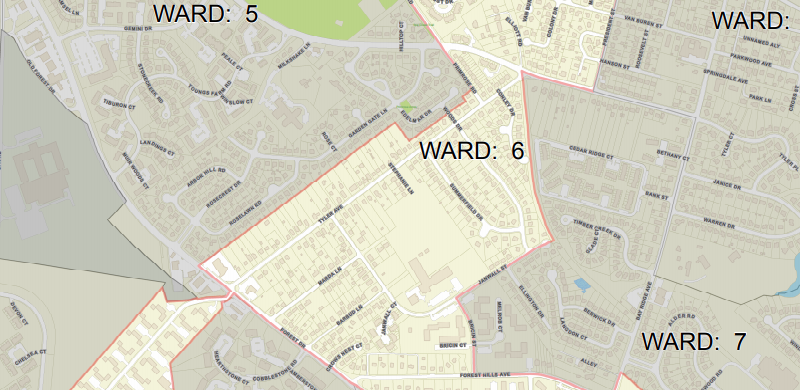Special Election Called in Annapolis
Mayor Gavin Buckley has called a special election in Annapolis to fill the vacant City Council seat in Ward 6. The seat is vacated by Shaneka Henson, who has been appointed to the House of Delegates.
Registered voters who have been residents of Ward 6 for at least six months prior to the election are encouraged to file their candidacy. The filing deadline for candidates is Monday, May 13.
When and where can you vote?
The election is open to registered voters of Ward 6 in Annapolis.
Tuesday, June 4 – Primary Election
Tuesday, July 2 – General Election
The polling place for both elections is located at:
The Eastport Community Center,
1014 President Street, Annapolis, MD 21403
Who’s running?
As of May 8, no one has officially filed, at least not according to the City of Annapolis’ web site. However, the Capital has reported that DaJuan Gay and Kenneth Kirby intend to run. Gay ran a spirited campaign for this seat in 2017 but lost to Henson in the Democratic primary. Kirby was the former holder of this seat and his retirement in 2017 opened the door for Henson. This seat will almost certainly stay in Democratic hands, barring an extreme dip in voter turnout – it’s extremely hard to project voter turnout in a special election for an individual ward of a small city. Both Gay and Kirby are Democrats.
Good for Annapolis
This is how things are supposed to work in a democracy. A vacancy occurs, and a special election is called so that the voters can choose their next representative.
So why doesn’t it work this way in the rest of the state?
Henson is an immensely qualified woman who will be an excellent state delegate. But she had to win the appointment by a recommendation of the local Democratic Party apparatus. In Baltimore, the city council president recently resigned to take over as mayor, and his replacement was chosen by the other members of the council. In both cases, the right person got the job, but a better solution would have been to hold special elections.
The “right person” may not always get the job, either. Imagine, for example, what would happen if Senator Mike Miller were to retire or otherwise vacate his office. Miller’s district stretches across three counties, and just the thought of having three Democratic central committees attempt to nominate a replacement makes my head hurt.
If Democrats want to shed the perception that they are a political machine in Maryland, they can start by instituting a system where political vacancies are filled by special elections.

